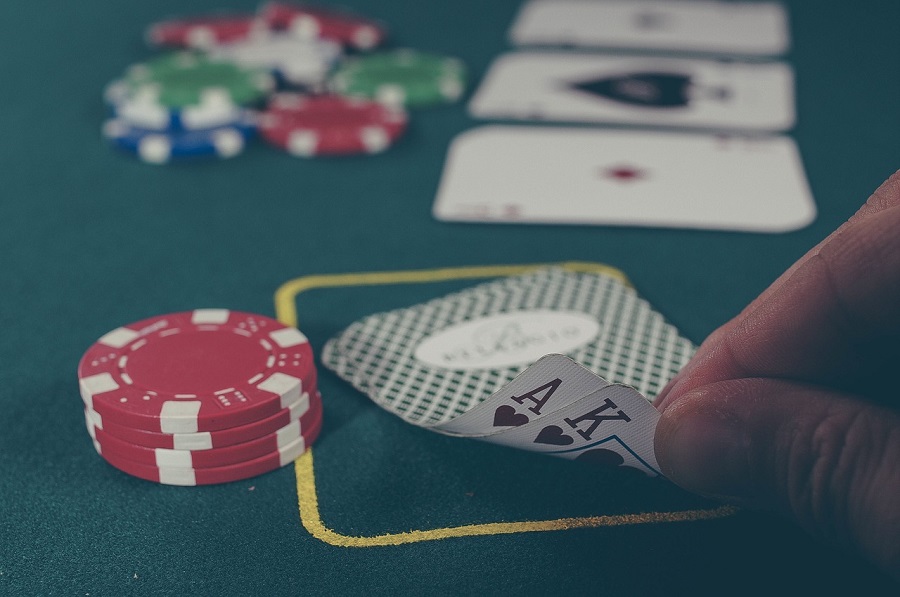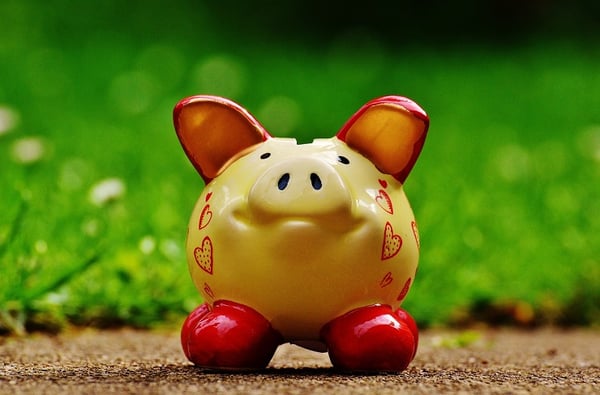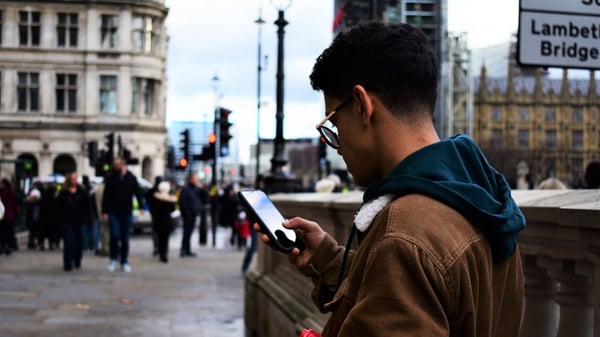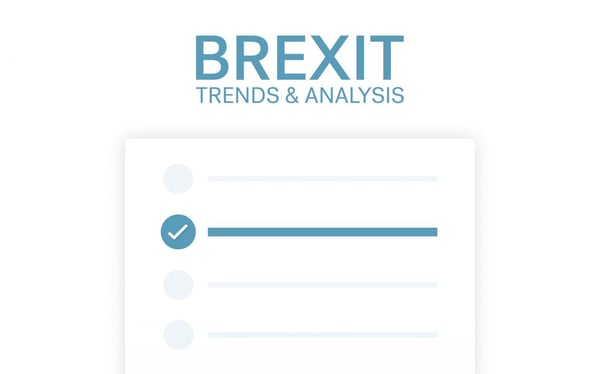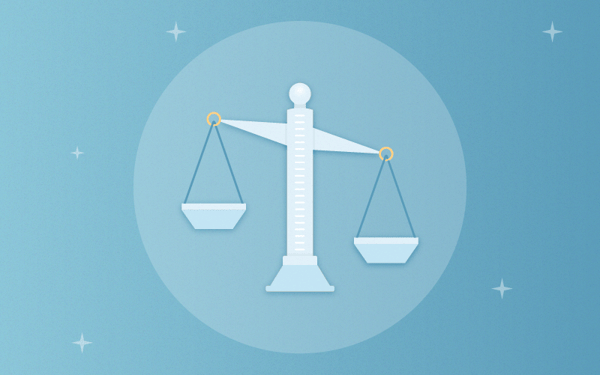Have you ever thought about what you’d do if won a few million euros? Would you quit your job and travel the world? Maybe buy your folks a house for their golden years, or a Porsche for yourself?
The answer to what you would do if you suddenly come into a sizeable inheritance, win a lottery or get really lucky on a bet (maybe you put 20 pounds Leicester City last season?) is simple: It depends.
-
It depends on how much debt (or wealth) you have.
-
It depends on how old you are and how many children you have.
-
It depends on how experienced you are at money management.

The First Thing To Do Is Wait
Financial writer Gail Vaz-Oxlade says the first thing most of us should do is “stick the money in a money market fund for the next 90 to 120 days.”
That’s because you’ll need time to create a plan.
Keep It Quiet and Create a Team
Jason Kurland, who is know as The Lottery Lawyer, has a list of five steps you should take on the very night you win a big jackpot.
And several of those steps include secrecy: hide the ticket after you sign it; keep quiet; leave town.
And shut down your Facebook, too. “Even if you don't write on social media that you won, your name is gonna come out, and everyone is gonna be looking at pictures of you and your family,” Kurland tells Allie Conti at Vice. “So just get it off the internet.”
Before you get out of town, though, he says you’ll need a team of professionals, starting with a lawyer who can help you form a trust. Putting the money in an entity or trust preserves your anonymity and limits your exposure, he explains.
That way, if someone looks up the names of historical Christmas lottery winners, the name of the trust will come up, rather than your name. The reason? “Because people are gonna look for you whether it's for handouts, charities, investment opportunities, whatever,” says Kurland.
Sharing is Highly Over-Rated
You need to protect yourself when you come into a large amount of money, agrees financial planner Lynette “The Money Coach” Khalfani-Cox.
“Put a buffer between family and friends,” she tells Forbes. “Of course it’s nice to be able to help people — but you’ll be amazed about how many people will want to get a piece of your pie.”
Khalfani-Cox continues: “If you choose to donate to individuals, causes or organisations, create a system for giving, and a system for saying no. … Otherwise, you’re just going to wind up broke and in debt. That’s exactly what happened to so many past lottery winners, and you want to avoid that fate.”
Pay Off Your Debts
One of the first things to do with all that money is pay off your debts, whether credit cards or mortgage. Vaz-Oxlade recommends this approach because you’ll likely enjoy sizeable interest savings you’d otherwise accrue. A sort of double whammy.
“Paying off a $5,000 balance on a credit card that charges 17 percent in interest can mean a savings of up to $850 in interest in just one year,” she gives as an example. “Prepay your mortgage with just $10,000 on a $100,000 mortgage amortised for 25 years at ten percent, and you'll save up to $52,223 in interest.”
Take a look at your taxes, too. Your team of advisers can help determine how much you’ll need to pay on your newfound wealth in taxes. A lottery is usually seen as income and taxed as such, while an inheritance may have taxes paid by the estate.
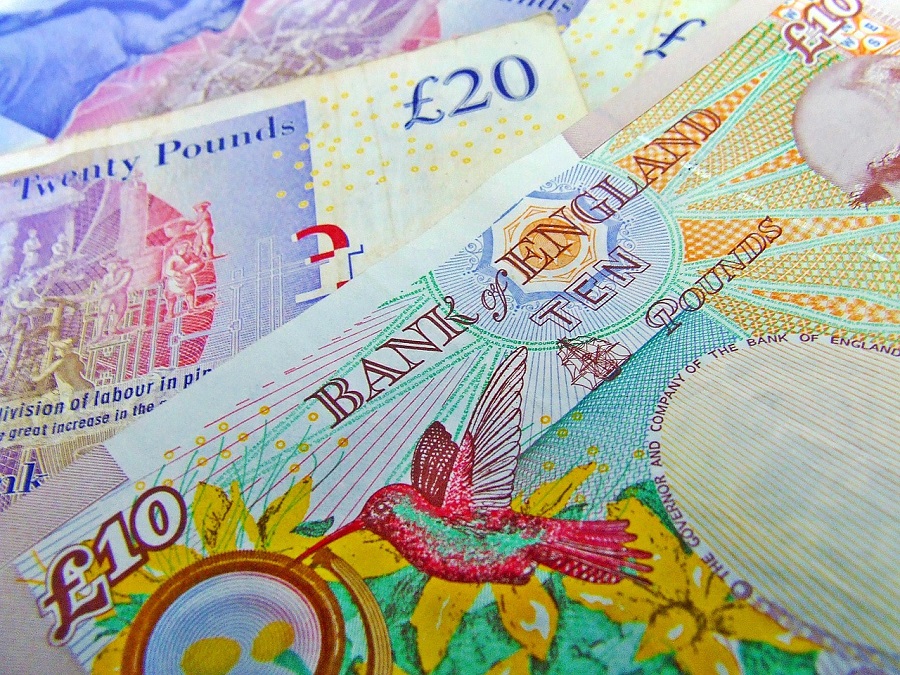
Create an Emergency Fund
Now that you’re a millionaire, possibly several times over, an emergency fund may not seem necessary as it once was. Of course, you can argue that insurance isn’t necessary, either. Then life happens.
Most people who have rainy-day accounts keep the equivalent of six months’ salary to tide them over in the event of job loss or medical emergency. Speak to your financial adviser to see whether she recommends a certain percentage to put aside. Once you’ve determined the amount of the fund, you’ll need to decide how to invest it.
Miranda Marquit at Money Crashers says she divides her emergency fund in two: short-term and long-term investments.
“Your short-term emergency fund is your go-to place when you have an immediate emergency,” she explains. “It should be in an accessible account, which will probably bear little interest. The most important consideration is accessibility.”
The long-term wouldn’t be quite as instantly available to you, but would earn more interest. It would be used for large-scale emergency situations, says Marquit, “such as job loss or a major natural disaster like an earthquake or fire.”
After setting aside money for an emergency fund, you’re ready to look toward your future. Options to discuss with your financial planner, advises Vaz-Oxlade, may include a healthy down-payment on a new home and plans for your children’s university education, but it should also take your own retirement into consideration.
Long-Term Investing Sees Better Rewards
If you’ve decided to invest the balance of your windfall, Investment Quorum’s Peter Lowman tells Morningstar that knowing the term of the investment is important. A longer term can allow the market time to settle after a swing, which allows you to consider a larger percentage of your portfolio to be invested in the stock market.
“If someone says they have 10–20 years over which to invest, that helps a lot,” Lowman says. “Twelve months is a little more difficult. Risk appetite ties up with an investor’s time horizon.”
Another consideration is whether you require an income from that investment. In the UK, Lowman says bonds are simply not producing income and thinks stock markets are the way to go. To circumvent volatility in the market, Ian Gorham, chief executive of the investment firm Hargreaves Lansdown, agrees with a long-term approach, telling Morningstar that “drip-feeding” (investing regularly instead of timing the market) is an option.
“Investors shouldn’t be obsessed with the short-term,” Gorham says. “We have found very few professional investors who are good at timing the market. Drip-feeding money into the market can be positive or negative, but it should be in line with an investor’s long term investment strategy.”
In fact, Nigel Green, founder of financial consultancy deVere Group, says drip-feeding new money is a key rule to building wealth in general (the other is diversifying your portfolio).
Investors, he advises, “must continue to drip-feed new money into the markets at a steady and pre-established pace. They shouldn’t withdraw from investing. History shows that over the longer term stocks go up. As such, if investors are serious about growing wealth over the next ten years, they must carry on putting new money to work.”
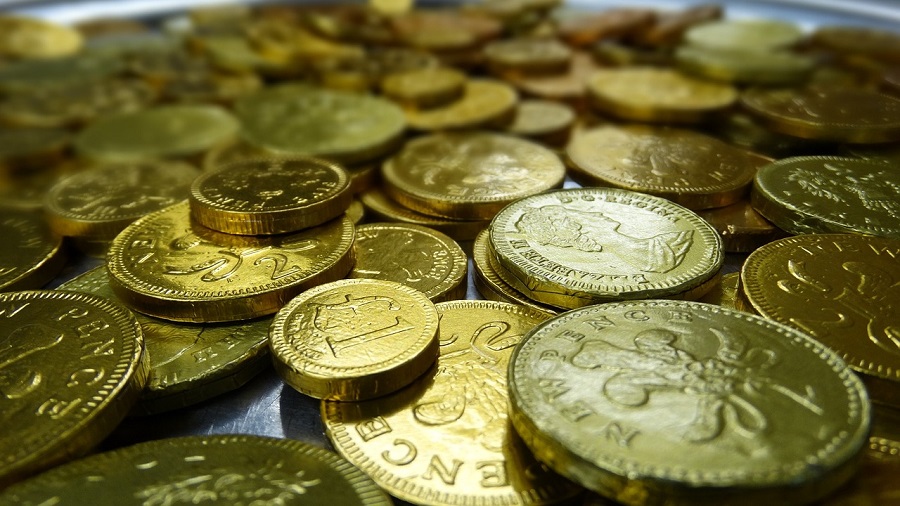
The Importance of a Financial Planner
A good financial planner can help you with everything from short-term concerns all the way to estate planning (provided your fortune outlives you, of course).
That kind of long-term planning might be the last thing on your mind initially, but it’s a concern you’ll eventually need to address. That’s why you should develop a good working relationship with your financial planner. As wealth manager Carlos Dias, Jr. writes at Investopedia, someone with experience in estate planning can help your beneficiaries avoid probate and obtain your assets more directly.
While your will and power of attorney must be prepared by an estate planning attorney, a financial planner can help with strategies that may include “lifetime giving (like the gift tax), business succession planning, or trusts (living trusts, multi-generation tax-savings trusts, children’s trusts) to achieve your financial objectives,” Dias writes.
Tax savings are worth investigating at both ends of inheritance. Insurance company Canada Life has an inheritance tax calculator that can give you a ballpark (and possibly hair-raising) figure of how much you could be liable for.
If you think you can just give away everything before you die, you should note that some gifts you make in your lifetime are subject to inheritance tax. “If the tax is due on gifts you made during the last seven years before your death, the people who received the gifts must pay the tax due,” the money experts at consumer information Which? add. “If they cannot or will not pay, the amount due then comes out of your estate.”
And remember, a financial planner is not the same as a tax adviser or lawyer, and you should consult all three when planning your own estate.
How to Choose a Financial Planner
Choosing a trustworthy financial planner with whom you feel comfortable is well worth some diligent research time. There are professional bodies for certified financial planners which can help narrow down the search, and allow you to see how long they’ve been practicing, their credentials and possibly client testimonials.
Use LinkedIn profiles in addition to the biographical data on the company website. When you make preliminary contact, be very clear as to the services you need and ascertain how much the total cost will be. The first meeting should be free, and you should not feel rushed.
When Jim, an American who is planning to retire before he’s 50 in 2025, decided to get a second opinion on his retirement “game plan,” he hired a certified financial planner. Although he didn’t interview each planner he considered (which he admitted he really should have), Jim waited until he had a first meeting to make that decision. It was during that call that he said the financial planner “asked all the right questions,” and actually gave Jim actionable advice.
images by: Unsplash, Public Domain Pictures, 1588877, claus indesign

